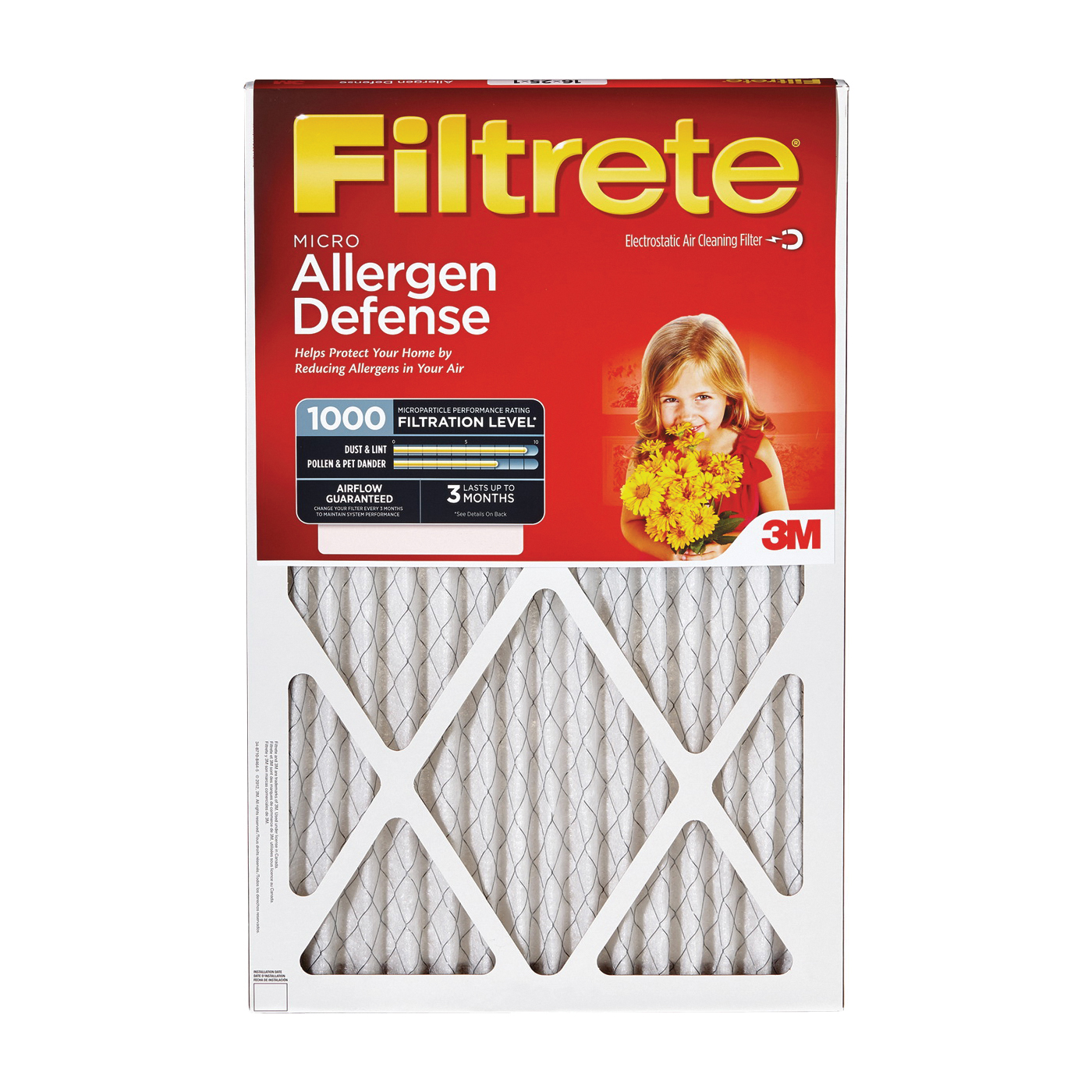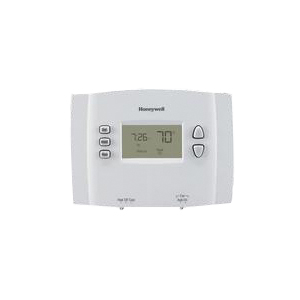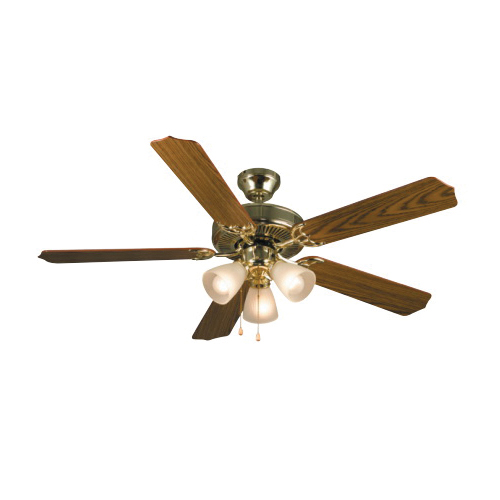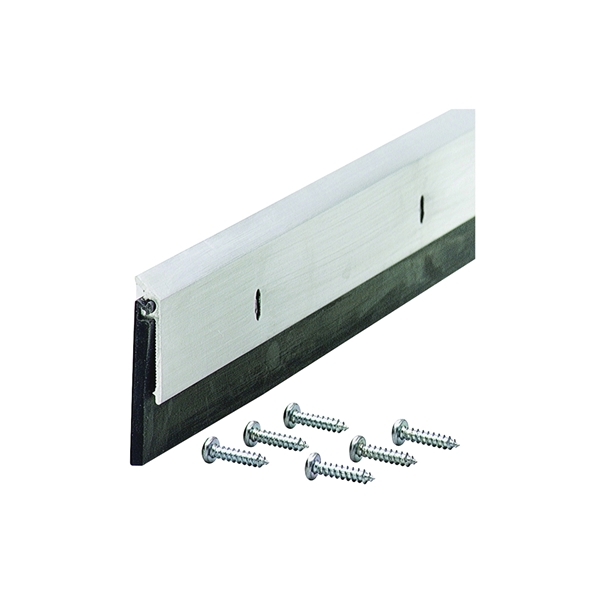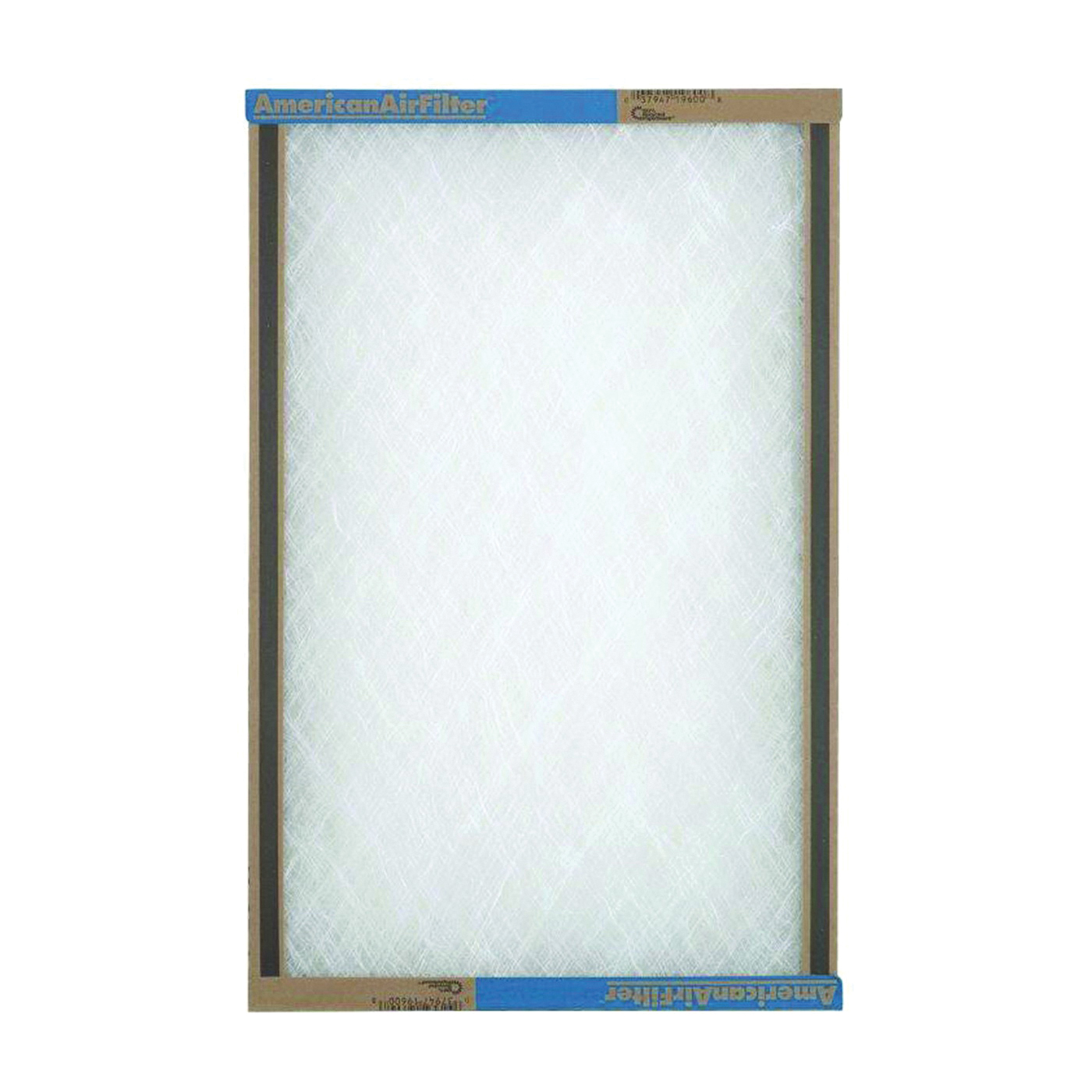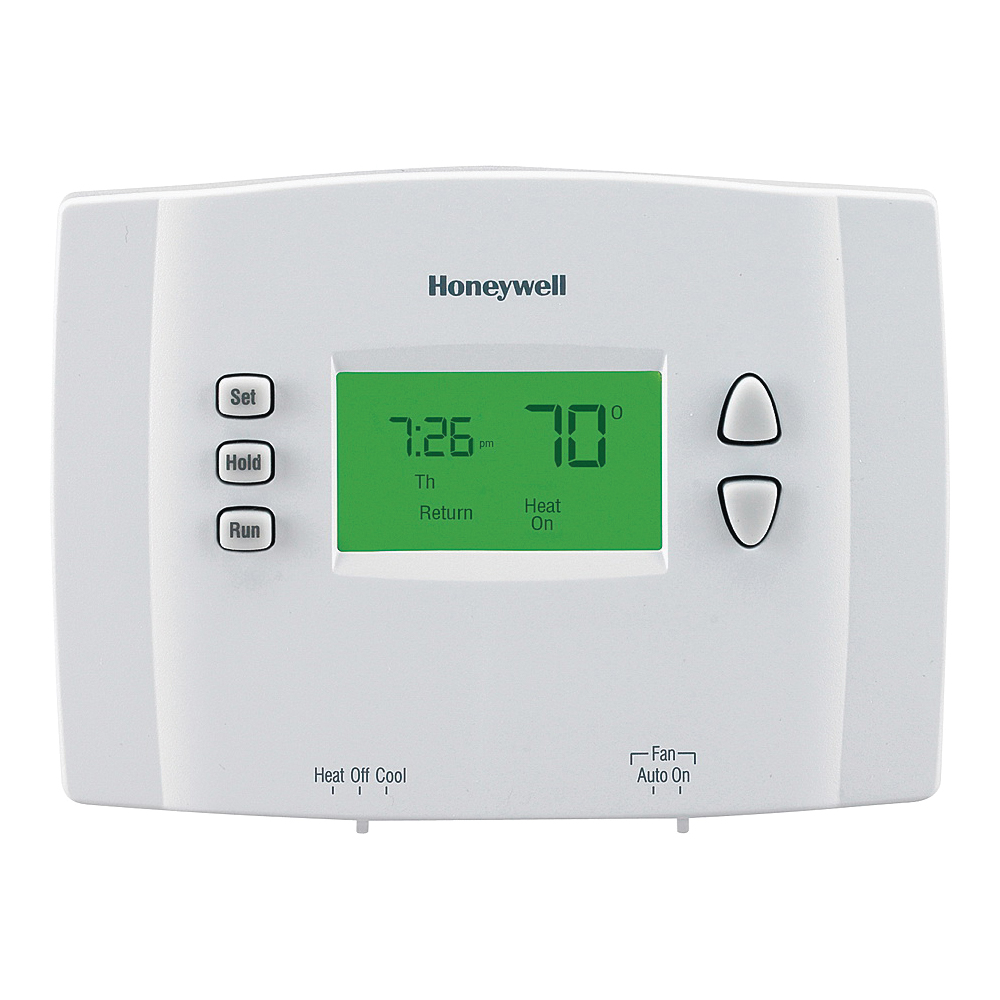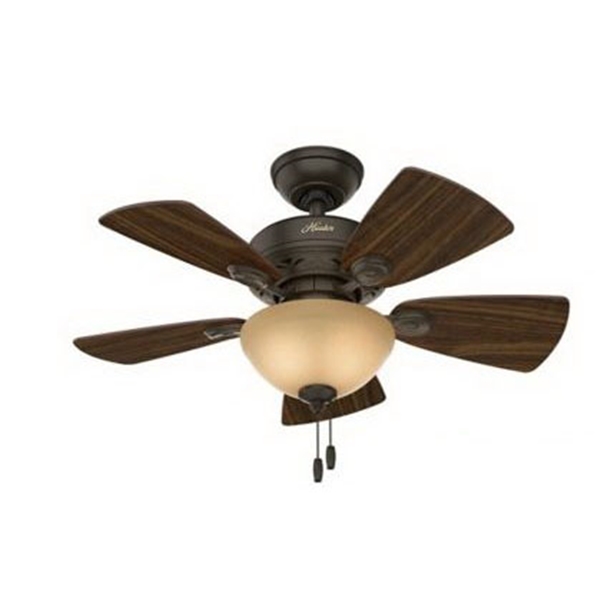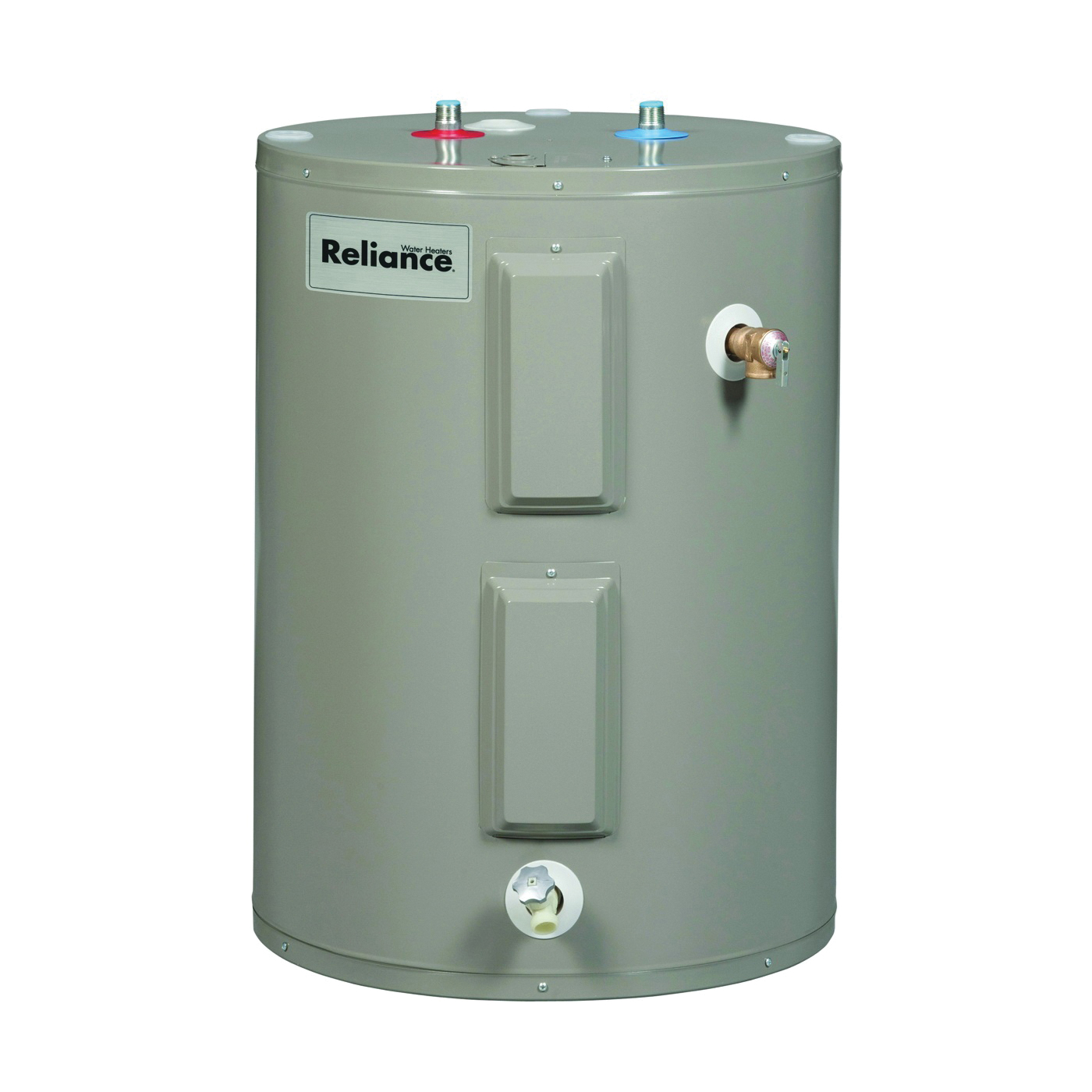Saving energy and keeping your home comfortable go hand-in-hand. Fortunately, there are many ways to maximize your home’s efficiency in the summer. Keep your home comfortable and save money, too, with these energy-efficient tips.
Maintain Air Conditioners
When the summer is at its peak, your air conditioner is working hard to keep you cool. Unfortunately, if your air conditioner hasn’t been maintained, it’s probably not running at its optimal level. Here are a few tips on how to prepare your a/c for a smooth summer.

Change Filters
The a/c intake vent in your home circulates and takes in air from around your house to channel back into the unit to be cooled. If you haven’t changed the a/c filter in your intake vent in a while, there may be a buildup of dust, dirt, allergens, and pet hair. When the filter has a large amount of buildup, your airflow is reduced, and the a/c must work extra hard to pull in enough air to properly circulate the cool air through your home. Change your filter every one to three months, depending on the type and quality of filter you use, to reduce allergies and prevent buildup. The general rule is one month for fiberglass filters and three months for pleated filters.

Use Programmable Thermostats
Save energy and keep your home cool this summer with a programmable thermostat. These thermostats allow you to change your home’s temperature based on the time and day. So, you can keep your home cool while you are there but increase the temperature when you’re away for set periods such as when you’re at work.
A common misconception about programmable thermostats is that they can negatively impact the lifespan of your a/c unit. In fact, the opposite is true. Having your thermostat on a schedule will not only save energy when you are away from the house but will help prevent members of your household toggling the temperature through the day. When people are constantly bumping the temperature up or down one or two degrees, your a/c is constantly turning off and on. This causes extra wear on your unit and can add quite a bit to your energy bill.
Whether you choose to use a programmable thermostat or not, the placement of it is incredibly important. If your thermostat is in direct sunlight or near heat sources like lamps, it will detect that your home is warmer than it really is and run more often. To move a thermostat, you’ll have to disconnect it from the breaker and wires, move it, then reconnect it.

Clear Plants and Debris
When it comes to your actual a/c condenser on the outside of your house, having clutter around your air conditioner can impact its efficiency and ultimately reduce its lifespan. The condenser unit removes the warm air from your home and releases it to the air outside. To function properly, the a/c condenser unit needs to have a minimum of 2-3 feet of clear space around all sides. Any closer and debris can fall into the unit. Tall grass or plants can be sucked onto the sides of the unit, preventing proper airflow and causing the unit to break down quicker.
In addition to having a clear area around the a/c unit, you also want to ensure there are no low-hanging trees over it. The a/c unit blows the hot air out of its top. This hot air will kill any branches hanging too close to it. The tree will then drop the branch, which could end up falling into the unit and preventing it from working properly.

Install Ceiling Fans
One of the best ways to make your home feel comfortable in the heat of the summer is by installing ceiling fans. When used, they can make a room feel up to six degrees cooler! Not only does this feel great, but it also allows you to keep your thermostat set to a warmer temperature, ultimately saving money. When you install ceiling fans though, you need to make sure you get one that is the proper size for the room. Check out our tips about installing ceiling fans here!
Reduce Heat Production
Appliances and light fixtures in our homes can affect the energy-efficiency and temperature of the house a great deal, but there is plenty you can do to mitigate their effects.
LED Lightbulbs
Did your parents ever ask you to turn off all the lights on a hot summer day? That’s because older versions of lightbulbs like incandescent bulbs use heated filaments to create light, generating a tremendous amount of heat in order for the filament to glow. LED lightbulbs move electrons through a special material which produces visible light. This method uses up to 75% less energy than incandescent bulbs, and doesn’t produce nearly as much heat. When you use LED lights, you can keep the lights on in the summer and know your home will remain comfortable.
Appliances
Appliances like washers, dryers, dishwashers, and ovens release a lot of heat which can increase the temperature inside your home. Using these large appliances when the temperatures drop can help your home stay a bit cooler. Even if you must use your large appliances during the day, there are ways to reduce the impact they have on the comfort of your home.
Washing and drying smaller loads of laundry doesn’t take as long, so your machines won’t be working as hard. Additionally, your clothes dryer releases a tremendous amount of heat, so if it’s sunny outside, consider hanging your clothes on a clothesline to dry. If you only have a few dishes, consider handwashing them. Not only will this save energy by not using your dishwasher, it can also be much quicker!
Insulate
One of the biggest factors in keeping your home comfortable is its level of insulation. In southern states, Energy Star recommends that you have at least an R-factor of R-13 in your walls, and up to 19 inches of blow-in insulation in your attic. R value is the measure of how well a 2-dimensional barrier resists the flow of heat. There's a scientific calculation, but homeowners can get a general idea by estimating that every inch of insulation is worth an R value of 3.5. So, two inches of insulation is roughly R-7. Having the proper amount of insulation will prevent heat or cold air from escaping your home, saving energy and keeping your home more comfortable no matter the season.
Bonus: Change Your Water Heater
Water heaters use a lot of energy. If you have an older model, summer’s a great time to change it to a more energy-efficient model and prevent it from failing during the winter. No one wants to take a cold shower!
When you use less energy, less heat is conducted. So, by saving energy in the summer, you are ensuring your home feels cooler. Use these tips to beat the heat with an energy-efficient home!



